|
|
|
|
Nau mai, haere mai.
As the fifth anniversary of the March 15 Christchurch terror attacks nears, it seems we are still only beginning to understand the terrorist’s motives and intentions, and how they were revealed in the years before the atrocity.
In research made public today, Chris Wilson and co-authors from the University of Auckland show how they identified the terrorist’s distinctive online posting, and how his activity in extreme far-right forums was part of his overall radicalisation.
Trawling through thousands of anonymous posts and threads, the researchers matched distinctive rhetorical, grammatical and geographical signatures to identify the terrorist. It is clear from these posts that his beliefs were reinforced and enabled in these forums, and that his plans took shape there too.
This is important, because the royal commission of inquiry into the terror attacks placed limited emphasis on the shooter’s behaviour on the message boards 4chan and 8chan, preferring to accept evidence that he was radicalised via other online sources such as YouTube.
The evidence amassed by the authors paints a different picture. “What we found overturns a great deal of what we thought we knew about him,” they write. “It also raises serious questions, not only about why this posting was not detected before the attack, but also why it has not been discovered in the five years since the March 15 attacks.”
Learning from this will not only add to our knowledge about how and where online radicalisation occurs, but it can also show “how government agencies can work together with specialist extremism researchers to prevent it happening again”.
|

|
Finlay Macdonald
New Zealand Editor
|
|
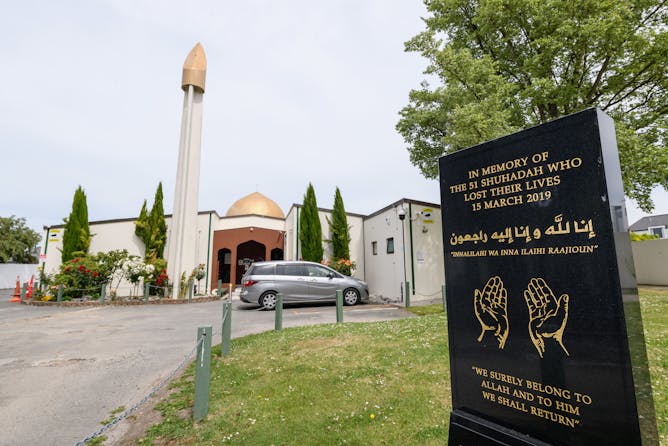
Chris Wilson, University of Auckland, Waipapa Taumata Rau; Ethan Renner, University of Auckland, Waipapa Taumata Rau; Jack Smylie, University of Auckland, Waipapa Taumata Rau; Michal Dziwulski, University of Auckland, Waipapa Taumata Rau
Five years on from the attacks, a detailed investigation of the shooter’s online radicalisation shows he was openly posting about his plans. Why was it missed and what can we learn?
|
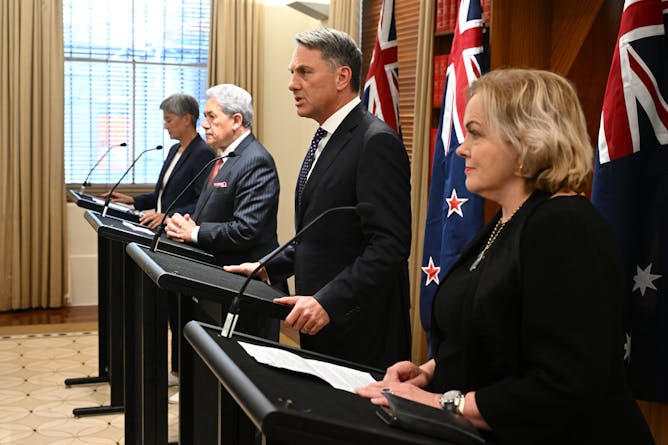
Robert G. Patman, University of Otago
Signing up to ‘pillar two’ of the AUKUS alliance sits uneasily with New Zealand’s distinctive worldview – and could aggravate its wider foreign policy challenges.
|

Claire Breen, University of Waikato; Robert Joseph, University of Waikato; Thilini Karunaratne, University of Waikato
There is no express right to health in New Zealand law. But international agreements protecting Indigenous rights to health and wellbeing set the standard New Zealand should follow.
|
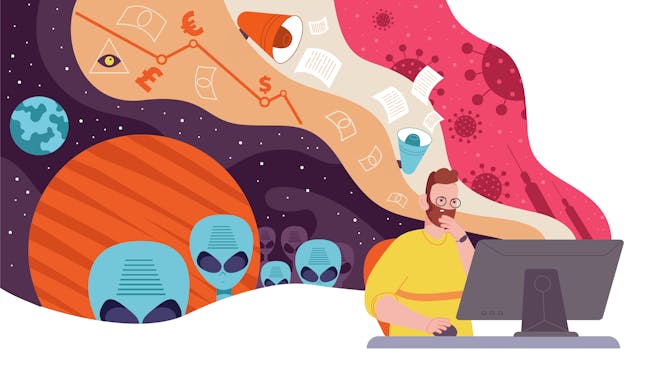
Matt Williams, Massey University; John Kerr, University of Otago; Mathew Marques, La Trobe University
A new study has found no evidence that people’s beliefs in conspiracy theories increase over time. They can even change their minds – just not that often.
|
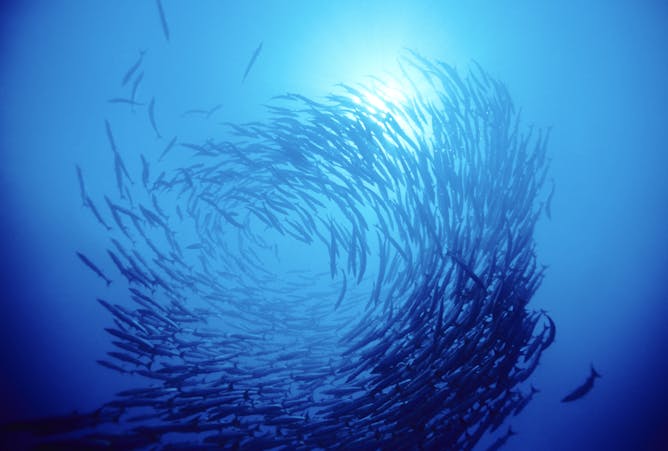
Mark John Costello, Nord University; Ross Corkrey, University of Tasmania
The ‘20°C effect’ could give us new insights into how temperature controls ecosystems and influences evolution – as well as how species might adapt to climate change.
|

Kris Gledhill, Auckland University of Technology
The right to a fair trial means cutting the funding of cultural reports will simply shift the burden. Lawyers will find other ways to put the same information before a judge.
|
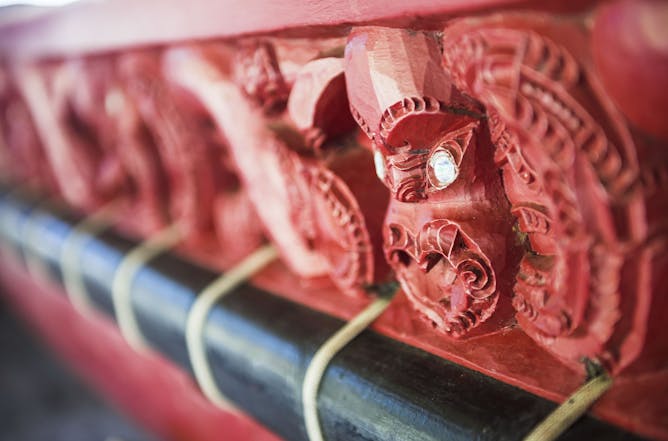
Maria Bargh, Te Herenga Waka — Victoria University of Wellington; Annie Te One, Te Herenga Waka — Victoria University of Wellington
Just 1% of politics education in New Zealand is focused on the Māori dimension, new research has found. How can the country discuss Te Tiriti o Waitangi when very few understand it?
|
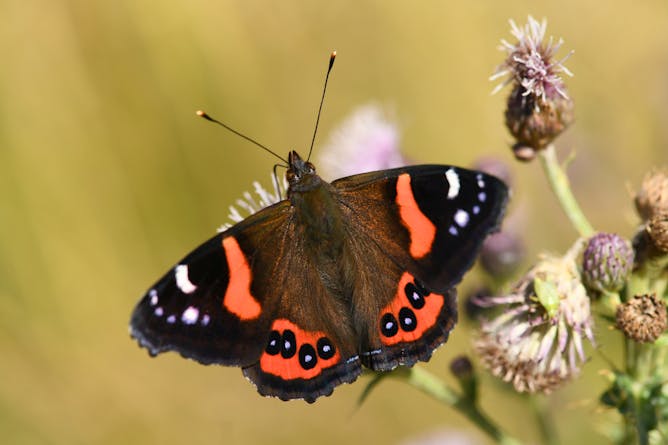
Janice Lord, University of Otago; Connal McLean, Te Papa Tongarewa
The native red admiral is less common than it used to be, but we can all help threatened bug species by ensuring they have the right habitats to thrive in.
|
From our foreign editions
|
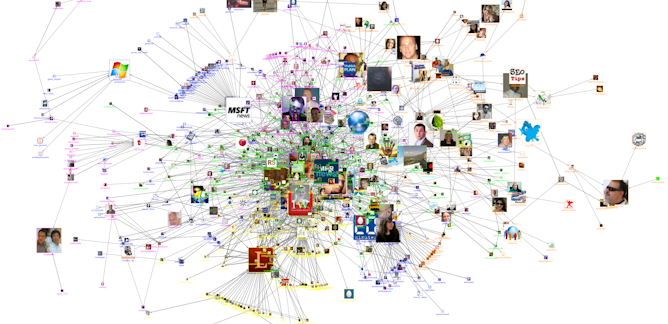
Nick Couldry, London School of Economics and Political Science
Capitalism has become focused on expanding the proportion of social life that is open to data collection and processing – as if the social itself has become the new target of capitalism’s expansion.
| |
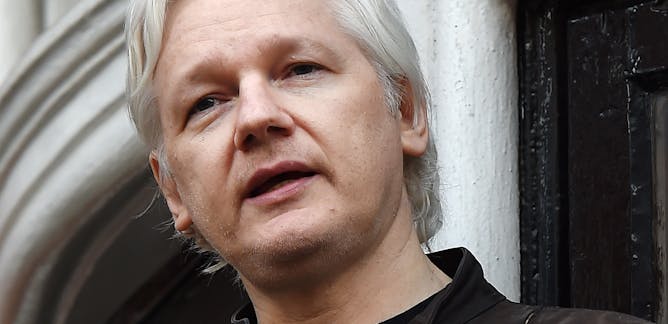
Holly Cullen, The University of Western Australia
Efforts to extradite Wikileaks founder Julian Assange from the UK to the US have gone on for years. Here’s what’s been going on and what might happen in court this time.
|
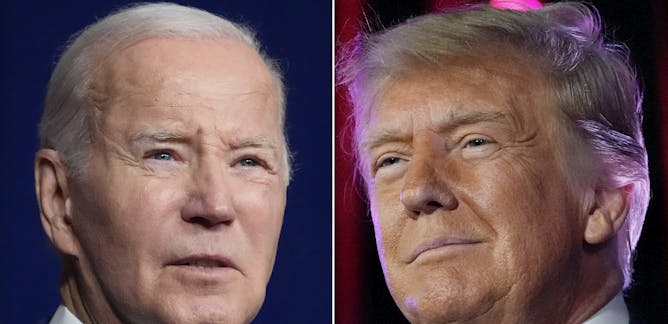
Jeff Inglis, The Conversation
Both men have faced criticism about what can appear to be obvious signs of aging, including questions about their memory and cognitive abilities.
| |

Bhagya Subrayan, Purdue University
Humans have synced their calendars to the sun and moon for centuries, but every so often, these systems need a little correction.
|

Matthew Powell, University of Portsmouth; Dafydd Townley, University of Portsmouth
Destroying satellites in space can lead to cascades that are hard to predict.
| |
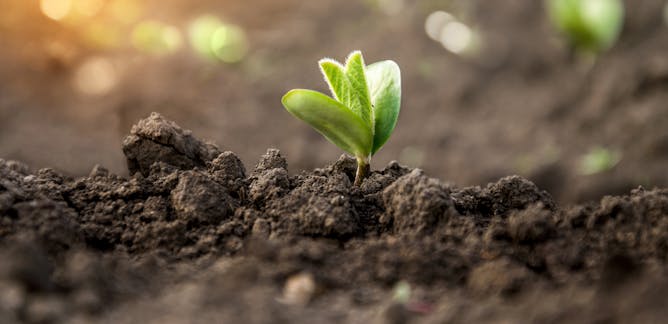
Will Brownlie, UK Centre for Ecology & Hydrology; Mark Maslin, UCL; Peter Alexander, The University of Edinburgh
This key fertiliser ingredient is subject to sudden price spikes.
|
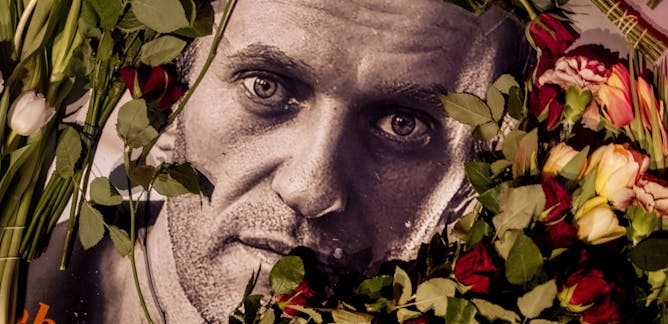
Robert Horvath, La Trobe University
Like Nelson Mandela, Navalny might have become a redemptive leader, leading his people from war and tyranny to the promised of a freer society.
| |

Harry Verhoeven, Columbia University
Sudan Armed Forces have made a series of military and political blunders that could hasten the collapse of the state.
|
|
|
| |
| |
| |
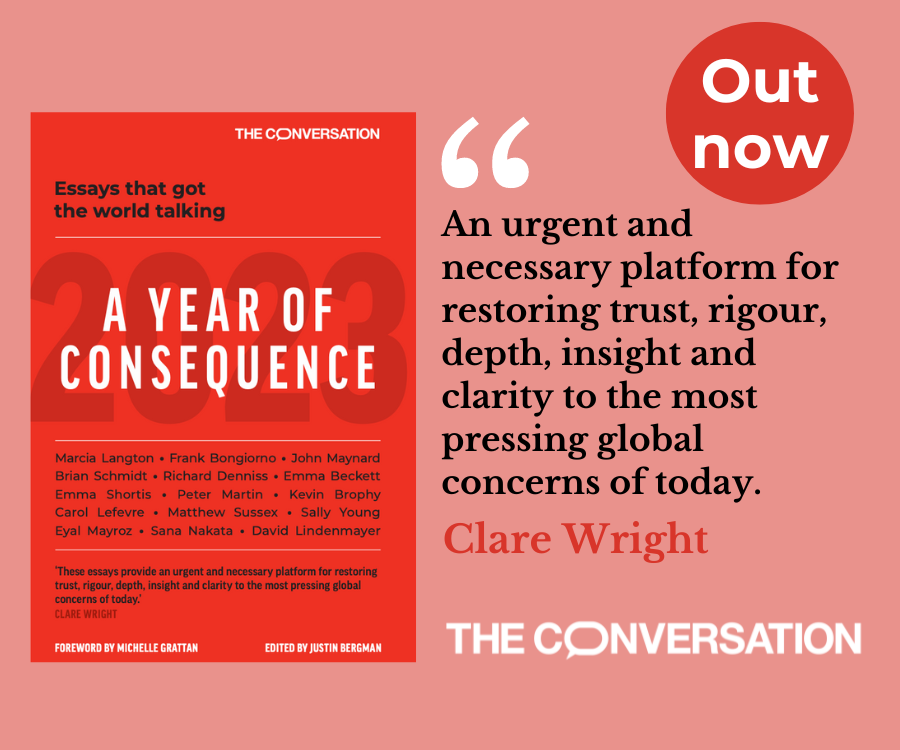
|
| |
| |
| |
| |
| |
| |
|
|
|
|
|
|
|